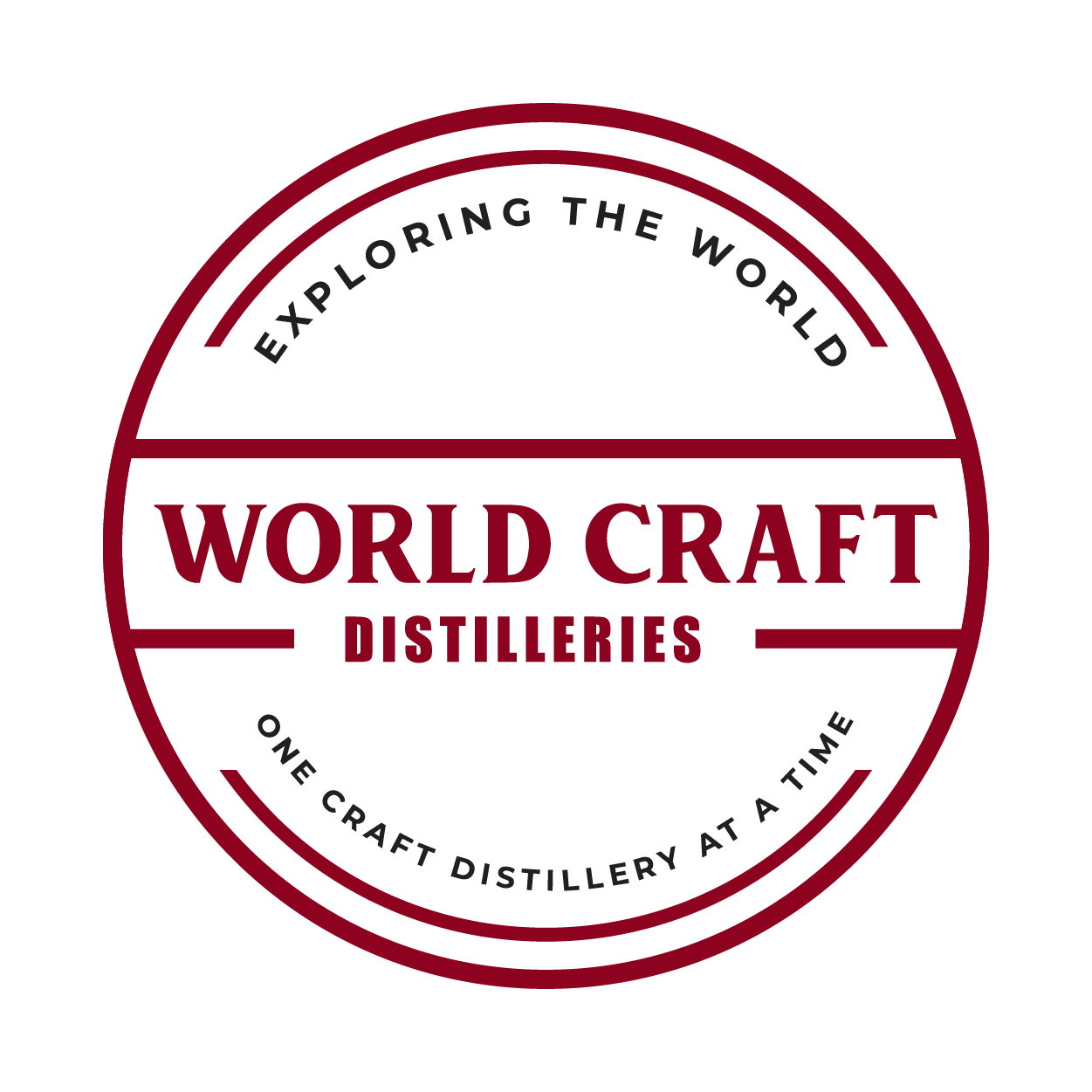Carl and Sandy Grossmann have taken the bull by the horns, the Nguni bull they call Amabala, to be exact.
Nguni cattle have absolutely nothing to do with gin, but as Carl put it, “The Nguni theme fit the whole craft distilling ethos, where every Nguni is a different colour pattern and horn shape and every single batch we do, no matter how much we try to keep it the same, is different. It suits our brand.” And the image on the Brackenhill Craft Distillery label is of a very special Nguni bull to carry the brand forward.
Carl, a former land surveyor and educator, and founder of the African Conservation Trust (ACT) discovered home distilling three years ago. That small still that started it all is continuously put to good use in the distillery, where it’s used for small batch testing.
It was during one of his ACT field trips that he discovered Amabala. And his work with the Trust involving conservation, the environment and social upliftment programs in the rural areas of KZN is distilled throughout the business.
Carl noted, “Many craft distilleries are on farms and use their own products and crops as value added.” But as Brackenhill Craft Distillery is in a more urban environment, Carl and Sandy have chosen to work with rural communities to produce the raw materials needed. For instance, the heirloom rainbow maize used is grown in a remote village near Ulundi in KwaZulu Natal. The community there gathered original seeds for this almost-forgotten maize from various relatives and farms scattered far and wide around the province. The first season, the crop was harvested for the seeds, but now the community is producing the extremely hard maize kernels on a regular basis. Because the area is so remote, there is no danger of cross-contamination from nearby GMO crops.
In addition, the community is learning the benefits of no-till agriculture and permaculture and are paid a premium for the crops they produce, above the market’s going rate. And as Carl commented, “The community is excited to be growing the traditional crops again that haven’t been grown for decades.”
The botanicals for Brackenhill Craft Distillery’s original gin are also very local, producing a distinct terroir. The umsuzwane or lippea is used extensively for “muti” (medicine) as a fever reducer in the area and has a distinct lemony scent and flavour. It’s grown by a different rural community near the Greater St Lucia Wetlands Park. Other locally grown botanicals being considered for use are diverse things like baobab seeds and umQhokwane, a relative of lichis.
Concern for the environment plays a major role in how the Grossmanns produce their products. Take a look at the bottles they’ve chosen. Black-coated with a copper ring and charm of Africa around the neck. Buyers are going to be hesitant to discard these elegant containers. “People will probably keep the first empty bottle,” Carl acknowledged, “but then they can return the others.” Local buyers will pay a deposit that will be returned when the bottle is recycled with them.
And talking about recycling? With the COVID-19 lockdown, local brewers gifted the distillery batches of beer that would otherwise have to be discarded. But Carl and Sandy, the conservationists/environmentalists, have been busy stripping the beer and making whisky!
When I visited recently, the ink was still wet on the distillery license, having been issued just three weeks prior after a long wait exacerbated by the lockdown. The streamlined distillery facility has been ready since January, but not willing to let the time go to waste, Carl and Sandy have been actively promoting the bespoke side of the business. Already, individuals from game lodges and restaurants around the country are approaching Brackenhill to develop specific and unique gins just for them.
With so much going on, “I need someone at the distillery as I can’t do it all,” explained Carl. And Brighten Hlatshwayo is that person. Brighten is a young, local man who is training to be the assistant distiller. From the local area, Brighten has recently completed a two-year practical food technology course and the work in the distillery is his practical experience, at the end of which, he’ll be awarded a diploma. Distilling is an unusual occupation for people in the area, but Brighten has already set his sights on having his own distillery in the future.
And the future is looking bright for Brackenhill Craft Distillery. Plans are in the works for small batch rum and whisky to add to the range. Although currently strictly online, local and national liquor stores are showing high interest in Brackenhill Craft Distillery’s products. With the distinctive bottle, it will be easy to spot when it hits the market.
Brackenhill Craft Distillery
Unit 16 Acacia Business Park
73 Nguni Way, Brackenhill
Waterfall
KwaZulu-Natal
South Africa
Postal Address:
PO Box 310, Linkhills, 3652
Contact: +27 (0)79 695 2398
Email: carl@brackenhillcraft.co.za





